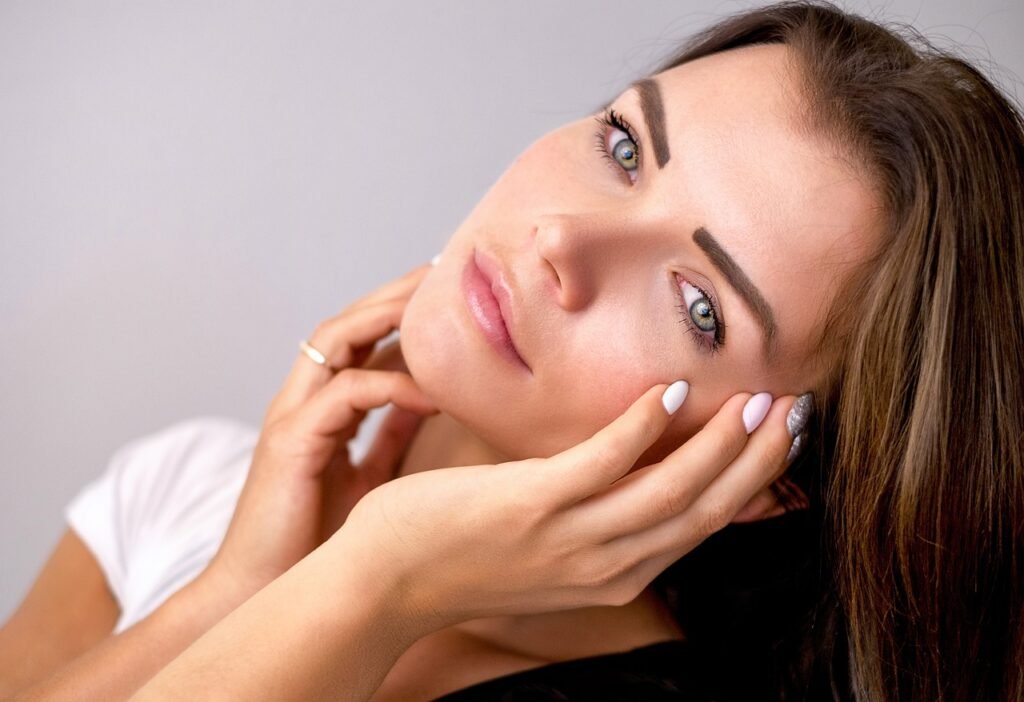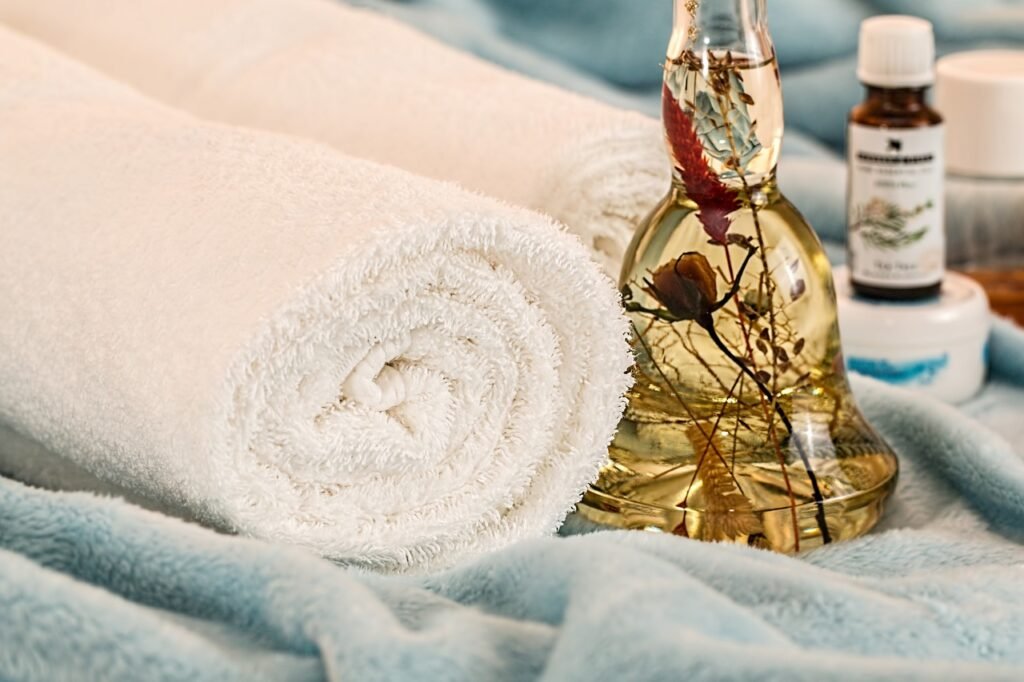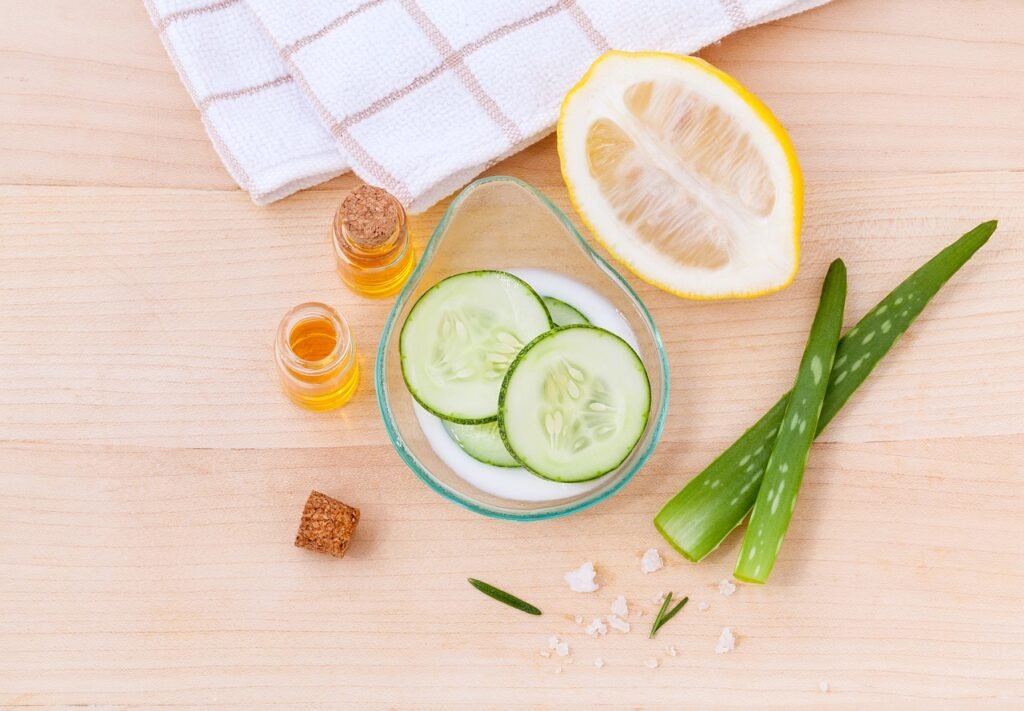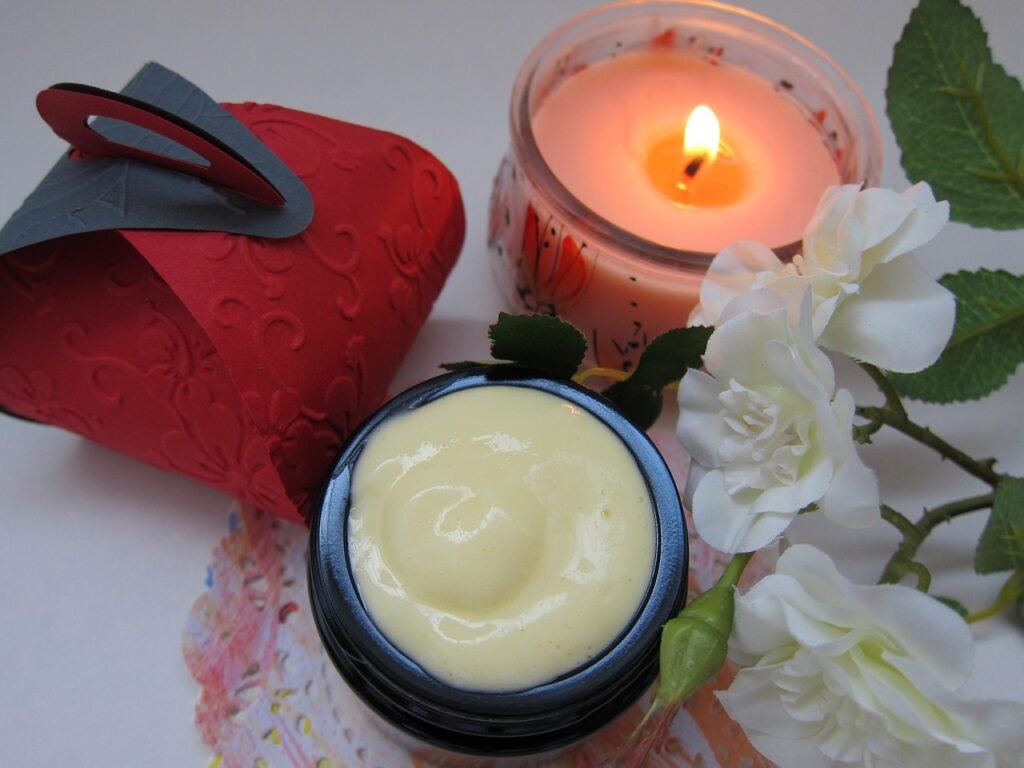
In today’s world, maintaining a polished and professional image goes beyond dressing appropriately. It extends to having a clear and healthy skin as this is often the first thing people notice about you. One effective way to achieve this is by establishing and maintaining a good Skincare Routine, especially if you have bad skin. This blog post will guide you through how to master your skincare routine for a stunning appearance.
Importance of a Clean Face

A clean face is much more than an aesthetic appeal, it serves as a testament to your overall wellness and personal hygiene. Skin that is not properly cleaned can quickly become a breeding ground for bacteria, leading to blocked pores which can give rise to a range of skin issues including acne, blackheads, and uneven skin tone. These can significantly affect your look and, by extension, the way others perceive you.
Additionally, maintaining a clean face is instrumental in projecting a professional and successful image. This is especially true in situations where first impressions count, such as job interviews, business meetings or networking events. When your skin is clear and healthy, it signifies that you take self-care seriously and appreciate the importance of presentation.
It’s not just about perception either, it’s about self-confidence too. A clean, healthy complexion can boost your confidence levels, allowing you to interact with others more comfortably and assertively. We all know that confidence can be a key factor in achieving success, whether that’s in your professional or personal life.
Why Adopt a Skincare Routine

Establishing a skincare routine isn’t about indulging in vanity; it is a fundamental aspect of personal hygiene and wellness. It is an essential regimen that should be observed by everyone, no matter their gender or age. It’s about nurturing your skin to keep it glowing, vibrant, and less prone to visible signs of aging, such as wrinkles and fine lines.
A skincare routine is essentially your skin’s best defense against numerous skin problems like acne, dryness, excessive oil, and more serious conditions like skin cancer. A robust skincare routine focuses not just on the exterior aesthetic appeal but also on the holistic health of your skin.
By integrating a skincare routine into your daily life, you’re making a commitment to your skin’s health, similar to how regular exercise benefits your body. With time, this routine helps to fortify your skin’s protective barrier, improving its ability to combat environmental stressors and resist damage.
A well-defined skincare routine, tailored to your specific skin type and needs, can help to gradually improve your skin’s appearance, texture, and overall health. This routine can ultimately enhance your skin’s natural healing and rejuvenation processes, thereby ensuring it stays at its best now and for years to come.
So, adopting a skincare routine is not a luxury, it’s a necessity; an investment in your skin’s long-term health and a commitment to keeping it looking its best throughout your lifetime.
Steps for a Perfect Skincare Routine

Creating a flawless skincare routine does not have to be an arduous task. You can easily establish an efficient regimen with just a few basic steps – cleansing, toning, and moisturizing.
The foremost step in your skincare regimen should be cleansing. This involves washing your face to eliminate the grime, sebum, and impurities that accumulate on your skin throughout the day. When selecting a cleanser, ensure it’s gentle and compatible with your skin type to avoid irritation or excessive dryness.
Following cleansing, the application of a toner is recommended. Toning aids in restoring your skin’s natural pH balance, which can sometimes be disrupted during the cleansing process. Additionally, toners can help refine your pores and prepare your skin for the subsequent moisturizing step.
Finally, moisturizing your skin is crucial. It helps retain moisture in your skin, making it feel supple and appear vibrant. Regular moisturizing can also help combat signs of aging such as fine lines and wrinkles, keeping your skin looking youthful. It’s vital to choose a moisturizer that aligns with your skin type and concerns.
Remember, these steps are not a one-time fix but rather a daily commitment. As with any routine, the more consistent you are, the more likely you are to see tangible results. With time, these steps can become a simple and quick part of your daily routine that significantly contributes to your skin’s health and appearance.
So, cleanse, tone, and moisturize daily, and watch as your skin becomes clearer, smoother, and more radiant than ever before.
Please note: This routine is only a basic guideline. Everyone’s skin is unique and you may need to add additional steps or products such as serums, face masks, or exfoliants depending on your specific skin needs. It is always beneficial to consult with a dermatologist or skincare professional to help customize your skincare regimen for optimal results.
The Power of Sunscreen

Sunscreen, often overlooked, plays a vital role in a comprehensive skincare regimen. Its importance stretches beyond beach days and summer months. This potent skin shield provides a layer of defense against the sun’s ultraviolet (UV) rays, which can be surprisingly damaging even on cloudy or overcast days.
UV radiation is a known factor in skin aging, causing wrinkles, sun spots, and loss of elasticity. Sunburn, a short-term consequence of UV exposure, causes skin redness and discomfort. More seriously, prolonged exposure to the sun’s UV rays without appropriate protection can increase the risk of developing skin cancer, one of the most common forms of cancer globally.
Incorporating sunscreen into your daily routine is simple yet significantly beneficial. Regardless of the weather, generously apply a broad-spectrum sunscreen to your face and other exposed parts of your body. Broad-spectrum sunscreens provide protection against both UVA and UVB rays. UVA rays can prematurely age your skin, resulting in wrinkles and age spots, while UVB rays can burn your skin. Both types of rays can damage the skin’s DNA structure and lead to skin cancer.
While choosing a sunscreen, opt for one with a Sun Protection Factor (SPF) of at least 30, which blocks approximately 97% of the sun’s UVB rays. Remember, no sunscreen can block 100% of the sun’s rays, so it’s essential to reapply it every two hours and immediately after swimming or excessive sweating.
Applying sunscreen is not a step to be skipped or done halfway. It’s vital to cover all exposed skin, not forgetting commonly missed areas like the back of the neck, the ears, and the tops of the feet. If you are planning on wearing makeup, sunscreen should be applied after your moisturizer and before your foundation. Many cosmetic products now also include SPF, but these should not replace sunscreen but rather supplement it.
Remember, skin damage from the sun is cumulative, which means that the harmful effects build up over time starting from childhood. Hence, it’s never too early or too late to start a habit of daily sunscreen use. It’s a simple step that can have a big impact, protecting your skin from premature aging and, most importantly, from skin cancer.
To sum up, making sunscreen a non-negotiable part of your skincare routine is an investment in your skin’s future. It’s the best anti-aging product you can use and your skin’s best ally in maintaining a healthy, radiant appearance.
Nighttime Skincare Routine

The importance of a well-executed evening skincare routine cannot be overstated. As the sun sets and our bodies prepare to rest, our skin is getting ready to begin its most critical process: nocturnal regeneration. Throughout this night-long process, the skin undergoes essential recovery, repair, and rejuvenation. Therefore, adhering to a strategic nighttime skincare routine can significantly amplify these natural processes and result in more visible improvements in skin health and appearance.
To kickstart your evening skincare regimen, start with a thorough cleansing. This crucial step removes not only makeup but also the build-up of dirt, sweat, and pollutants that have accumulated on your skin during the day. Ignoring this step can result in clogged pores, which may lead to breakouts and a dull complexion.
Following this, the application of a night cream or serum is advised. These products typically contain higher concentrations of active ingredients, as the skin’s permeability increases at night, making it more receptive to absorption. Ingredients to look for include retinol, for its collagen-boosting and wrinkle-reducing properties, and hyaluronic acid, a potent moisturizer that can help plump and hydrate the skin.
The final touch in your nighttime skincare routine should be the application of an eye cream. The skin around the eyes is particularly delicate and often the first to show signs of aging. Eye creams are specially formulated to combat this, addressing concerns such as puffiness, dark circles, and fine lines.
Lastly, remember that your pillowcase comes in direct contact with your face for several hours each night. Ensure it’s clean and made of a gentle fabric, like silk, to prevent irritation and breakouts.
Adopting these steps and incorporating them into a consistent nightly ritual can significantly boost your skin’s health and appearance, allowing you to wake up with refreshed, revitalized, and glowing skin. Remember, patience and consistency are key – skin transformation won’t happen overnight, but with a dedicated regimen, you’ll see noticeable improvements over time.
The Role of a Healthy Diet in Skin Health

Just as a well-balanced diet contributes to overall physical well-being, it plays a critical role in maintaining skin health and enhancing its appearance. What you eat can significantly influence how your skin looks and feels. This connection between food and skin health comes from the fact that your skin, like other organs, requires essential nutrients to function optimally.
Antioxidant-rich foods such as fruits and vegetables are your skin’s best friends. They combat damage from harmful molecules known as free radicals, which can prematurely age your skin. Vitamins A, C, and E, all found in a variety of fruits and vegetables, are particularly beneficial for skin health. They can help maintain skin’s elasticity, prevent wrinkles, and promote cell regeneration.
Alongside this, incorporating healthy fats like omega-3 fatty acids, found in fish and walnuts, can help keep your skin hydrated and plump, reducing the appearance of fine lines. Foods rich in selenium, like brazil nuts and eggs, are also beneficial as they can help protect your skin from sun damage.
Hydration is another vital aspect of skin health. Regular water intake is essential to keep your skin hydrated from within. Water aids in flushing out toxins from your body, which can help prevent acne and other skin problems, giving your skin a healthy, glowing appearance.
Conversely, certain foods can potentially harm your skin. Sugary and processed foods can trigger inflammation, leading to skin issues like acne, rosacea, and premature aging. Similarly, excessive consumption of alcohol and caffeine can dehydrate your skin, making it look dull and tired.
Remember, while a balanced diet is crucial, it should be part of a broader skincare routine. No single food or nutrient can provide all the benefits your skin needs. It’s the balance and variety in your diet that will lead to radiant and healthy skin.
In conclusion, maintaining a nutrient-rich diet and staying adequately hydrated can contribute significantly to a vibrant, healthy complexion. When combined with a consistent skincare regimen, this holistic approach to skin health will leave you with skin that not only looks fantastic but feels great too. So, nourish your skin from the inside out for a natural glow that no skincare product can replicate.
